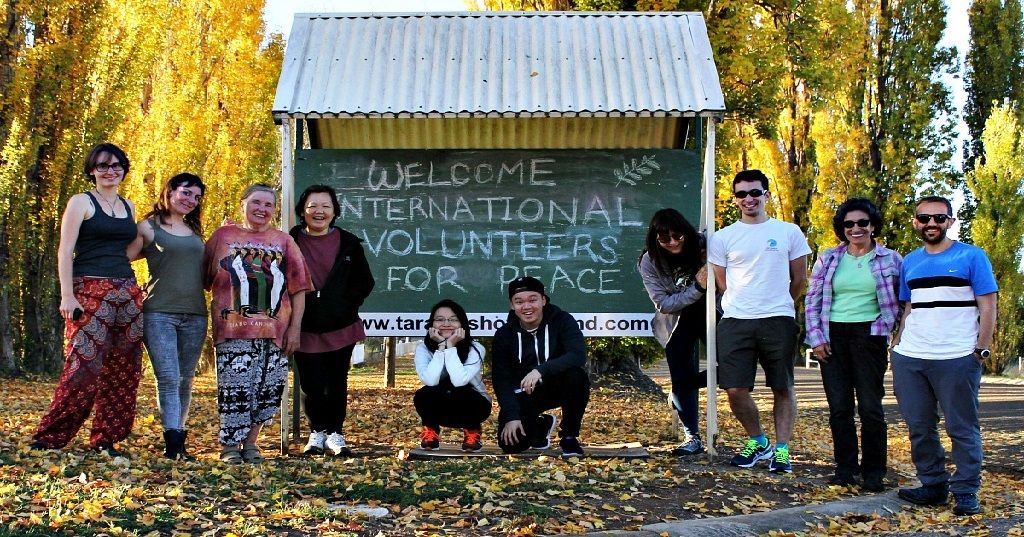
Meet the heart of the Goulburn Show!



🌍 [ASIAN WORKCAMP OPPORTUNITY IN ESTONIA]
📢 CALLING ALL ASIANS
Step into the beauty of winter at Kiidi Farm, located in the Võru district of Estonia ❄️🌲
👉🏼Share the visions of Eco-village and increase its impact to improve the glocal situation
👉🏼Promote friendship and mutual understanding among volunteers and people in Võrumaa, Estonia
👉🏼Develop global sense and various competences of youth and people in Estonia and Japan
What you’ll do 👇🏼
🌳Maintenance of the forests and farm house in the eco village
😊 Organise a weekend workcamp with Estonian youth
⛷️Help to organize Haanja ski marathon
Perks ✨
🚗 Free days: Travel around the local area, getting to know local sights, meeting people and organisations
🏂 Try some winter sports
🦄Creative workshops and handicrafts
🧖 Sauna party, etc.
If you’re interested, message us for more info!
Apply via email 👉🏼 estyes@estyes.ee

by Monica Kampfer
Attending a work camp near Ulaanbaatar gave Monica Kampfer a chance to help Mongolia’s orphans and experience the nomadic lifestyle.
After spending a day sightseeing in Ulaanbaatar, Mongolia’s polluted and overcrowded capital, it was a relief to arrive at the camp. The campsite at Buhug was in a very remote and beautiful location, surrounded by green hills and blue sky.
The children gave us a warm welcome and the more outgoing ones wanted to talk to us straight away. They were from the government-run orphanage. During the summer the orphans stay in two summer camps. This one is a vegetable farm and houses 150 children aged from eight to 18. It grows food for the kids to eat in the winter.
By Jade Herriman
“For the animal shall not be measured by man. In a world older and more complete than ours, they move finished and complete, gifted with extensions of the senses we have lost or never attained, living by voices we shall never hear. They are not brethren, they are not underlings, they are other nations caught with ourselves in the net of life and time, fellow prisoners of the splendour and travail of the earth” – Henry Beston